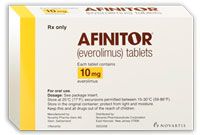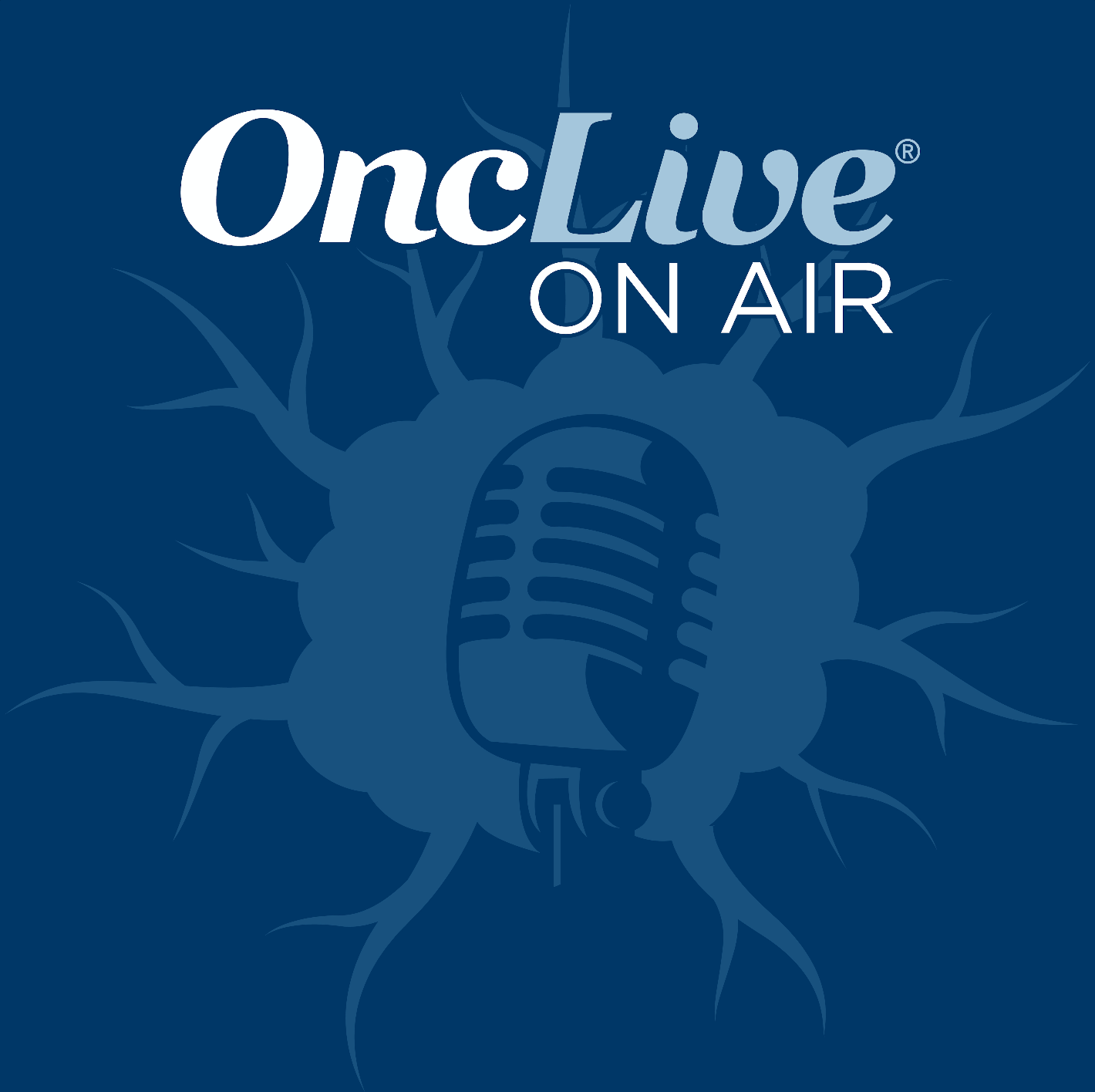Article
Afinitor Halves SEGA Tumor Size in Patients With Tuberous Sclerosis
Author(s):
In the phase III EXIST-1 trial, Afinitor reduced the size of SEGAs-benign brain tumors associated with TSC-by ≥50% in one-third of patients.

In the phase III EXIST-1 trial, Afinitor (everolimus) reduced the size of subependymal giant cell astrocytomas (SEGAs)—benign brain tumors associated with tuberous sclerosis complex (TSC)—by ≥50% in one-third of patients. The data were presented July 9 at the International TSC Research Conference in Washington, DC.
Afinitor, which is manufactured by Novartis, is FDA-approved in patients with TSC who are ineligible for surgery.
The National Cancer Institute describes TSC as, “A genetic disorder in which benign tumors form in the kidneys, brain, eyes, heart, lungs, and skin.” The agency also notes, “This disease can cause seizures, mental disabilities, and different types of skin lesions.”
Between 1 and 2 million people worldwide have TSC. Approximately 1 out of 5 patients with the disease also develop SEGAs.
EXIST-1 was the largest-ever study of patients with SEGAs. The trial randomized 117 patients to either 4.5 mg/m2 of everolimus daily (n=78) or placebo (n=39).
In meeting the trial’s primary endpoint of response rate, 35% (n = 27) of the everolimus arm had tumor shrinkage ≥50% compared with no response in the placebo group (P <.0001).

None of the patients in the everolimus cohort experienced disease progression, while 15% (n = 6) of the placebo arm had their condition worsen.
“This study, which included SEGA patients from infancy to adulthood, provides compelling evidence of the impact of everolimus in reducing SEGA size with a tolerability profile consistent with the previous everolimus trial in this treatment setting,” Sergiusz Jozwiak, MD, a lead EXIST-1 investigator and a professor in the Department of Child Neurology at The Children’s Memorial Health Institute in Warsaw, Poland, said in a press release.
The most common adverse events in patients taking everolimus were mouth ulceration (32%), stomatitis (31%), convulsion (23%), and fever (22%). Grade 3 adverse events that occurred most frequently in the everolimus cohort included stomatitis (8%), fever (6%), and convulsion (5%). One patient in the everolimus arm experienced Grade 4 gastroenteritis.
Afinitor is an mTOR inhibitor that disrupts a signaling pathway responsible for tumor cell growth and proliferation. Other than brain surgery, the drug is the only available treatment option for patients with TSC who have expanding SEGAs.






%201%20(1)-Recovered%20copy.jpg?fit=crop&auto=format)


%201%20(1)-Recovered%20copy.jpg?fit=crop&auto=format)